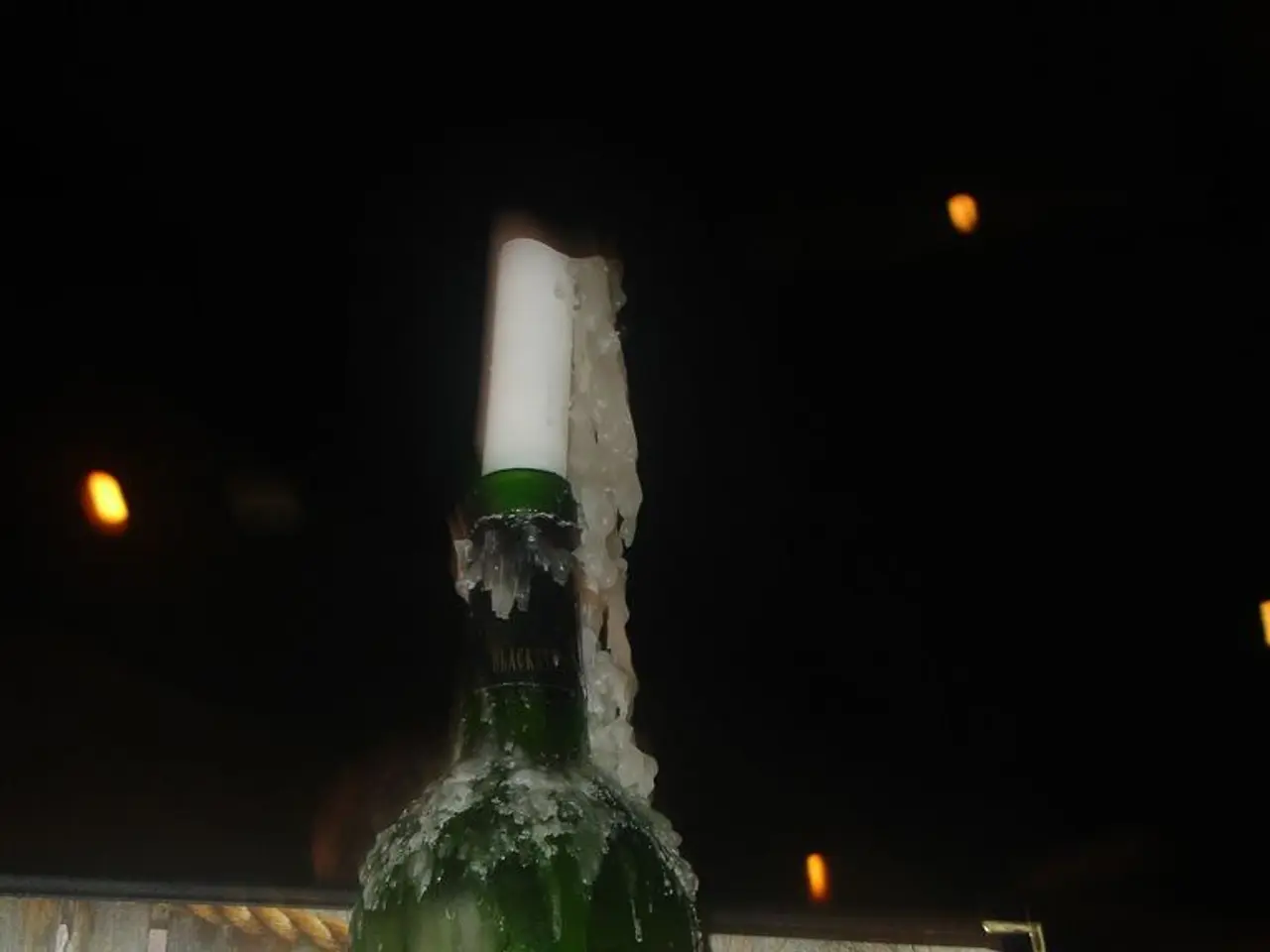Yakut GRES-2 is currently carrying out an urgent release of oil substances.
Anti-Crisis Drills at Yakutsk GRES-2: Preparing for Oil Spill Emergencies
In the cold, challenging climatic conditions of Yakutia, the power plant Yakutsk GRES-2 conducted an anti-crisis drill to simulate a potential oil spill emergency. These drills are crucial for preparing personnel and systems to effectively prevent and mitigate such incidents.
The drill at Yakutsk GRES-2 involved a scenario closely resembling a possible fuel tank leak, fire, and oil spill. The operational staff quickly transferred the remaining fuel to a reserve tank, and sorbents were used to contain the oil spill. Firefighters used foam agents to extinguish the blaze.
Regular drills like these are conducted twice a year at GRES-2 to ensure every specialist knows their role in a critical situation. Konstantin Chebotarev, acting deputy chief engineer for GRES-2's operations, emphasised the importance of these exercises, stating that they are essential for safety.
The drills serve several purposes. They enhance preparedness by familiarising teams with emergency protocols, response roles, and communication channels, which speeds up real incident response and reduces human error. They also test equipment and response systems under controlled conditions to identify weaknesses or gaps in technology, infrastructure, or logistics before an actual spill occurs.
By improving rapid intervention measures, these drills help reduce environmental impact by preventing the spread of oil and facilitating remediation. They also ensure regulatory compliance by meeting safety inspection criteria and demonstrating a commitment to environmental protection standards.
The exercise at Yakutsk GRES-2 involved PAO "Yakutskenergo" and various emergency services. Rescuers from PARSF "GasSpasService" located the leak, and emergency crews deployed the mobile "LARN" complex to contain the oil spill. Contaminated materials were collected in hermetically sealed containers for subsequent disposal.
These drills are not just a formality but a crucial aspect of ensuring safety. They help minimise risks to personnel, equipment, and the environment. By resembling possible situations, they are a key factor in preventing real accidents.
The importance of these drills in Yakutia, with its harsh climatic conditions, cannot be overstated. Oil spills in the Arctic can have severe ecological consequences due to cold temperatures and fragile ecosystems. Regular practice of these drill scenarios is important for preventing accidents and mitigating their consequences.
In conclusion, anti-crisis drills serve as crucial risk management tools for oil spill prevention and containment, improving both human and technical readiness to protect public health and the environment around power plants handling oil.
- The oil and gas industry, particularly in environmental science, must prioritize climate-change solutions and invest in renewable energy to decrease the frequency of oil spills and lessen their environmental impact.
- The effectiveness of science and finance in collaborating to fund and implement cleaner energy alternatives can significantly reduce our dependence on oil and gas, thereby minimizing threats of oil spills and other associated disasters.
- To address the challenges posed by climate-change and manage associated risks posted by the oil-and-gas industry, industry leaders should look towards sustainable solutions in the realm of environmental-science and green financing.
- By focusing on investment in environmental-science and cleaner energy sources, it is possible to safeguard our environment against potential oil spills, ensuring a more resilient and sustainable future.




